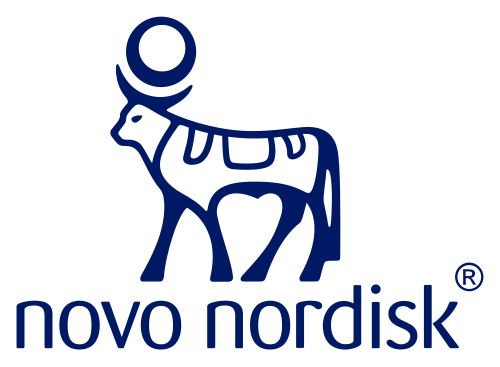Ask the author session with Prof. Caussy
For specialists working in diabetology and related fields, identifying patients with metabolic dysfunction-associated steatotic liver disease (MASLD)-related advanced fibrosis (AF) is a significant challenge. Effective screening and management strategies are crucial.
A recent publication in Diabetes Care, titled “Screening for Metabolic Dysfunction-Associated Steatotic Liver Disease-Related Advanced Fibrosis in Diabetology: A Prospective Multicenter Study,” tackles this challenge head-on. The study, co-authored by Professor Cyrielle Caussy, an expert in diabetology and fatty liver disease, aimed to compare the performance of noninvasive tests (NITs) and two-step algorithms for detecting patients at high risk of AF who require referral to hepatologists.
Professor Caussy was recently featured in an “Ask the Author” session to discuss this important work. During the session, she described the study’s design, highlighting its novelty as one of the first screening strategies specifically performed in a diabetology setting. Previous data on NIT accuracy often came from patients recruited in hepatology with biopsy-proven MASLD.
The study included participants with type 2 diabetes and/or obesity and MASLD. A comprehensive liver assessment was performed, including various blood-based NITs like FIB-4, FibroMeter, Fibrotest, and the Enhanced Liver Fibrosis (ELF) test, as well as liver elastography using vibration-controlled transient elastography (VCTE) and two-dimensional shear-wave elastography (2D-SWE). AF risk stratification used a hierarchical composite criterion based on liver biopsy, magnetic resonance elastography (MRE), or VCTE ≥12 kPa if biopsy or MRE were unavailable. Patients with high BMI (>40 kg/m2) or other causes of liver disease were excluded to ensure accuracy.
Key findings from the study and discussion:
- Among the 654 patients included, 17.6% had an intermediate/high risk of AF, and 9.3% had a high risk of AF. This indicates a substantial proportion of patients in this population require further assessment and potential referral.
- Various NITs showed good diagnostic performance for detecting high risk of AF, with area under the curves (AUCs) ranging from 0.74 for FibroMeter to 0.84 for SWE and 0.82 for the ELF test.
- Two-step algorithms demonstrated excellent diagnostic performance for referral of patients at intermediate/high risk. The FIB-4 score/VCTE algorithm was highlighted as showing excellent diagnostic performance and applicability for routine screening in diabetology.
- An alternative FIB-4 score/ELF test strategy, using an adapted low threshold of 9.8, also showed a high negative predictive value (NPV) of 88-89%. The FIB-4 score/2D-SWE strategy had an NPV of 91%.
- Using an age-adapted FIB-4 score threshold resulted in lower NPVs and positive predictive values (PPVs) in all algorithms.
- These strategies are applicable and efficient for risk-stratifying patients in diabetology clinics.
- Implementing such a screening pathway can help identify patients who need to be referred to hepatology. Critically, the study found patients with previously undiagnosed compensated cirrhosis.
Professor Caussy’s advice to colleagues considering implementing such a pathway is clear: “just do it”. She emphasizes that using simple tools, starting with FIB-4, works well. The majority of patients will be classified at low risk, requiring only reassurance, while those with elevated FIB-4 can proceed to a second-line test available in their setting to identify those needing referral. Using the recommended tools works and helps find patients who need intervention, including those with unknown cirrhosis.
For diabetologists, endocrinologists, and other specialists managing patients at risk for MASLD-related advanced fibrosis, understanding how to effectively implement screening in clinical practice is vital. This study provides a strong evidence base for using two-step noninvasive strategies.
We invite you to watch the full “Ask the Author” session with Professor Cyrielle Caussy to gain deeper insights into the study methodology, results, and practical advice for putting this clinical pathway into place.
Thank you to our sponsors

